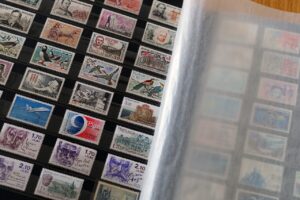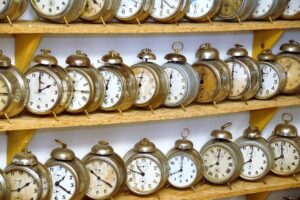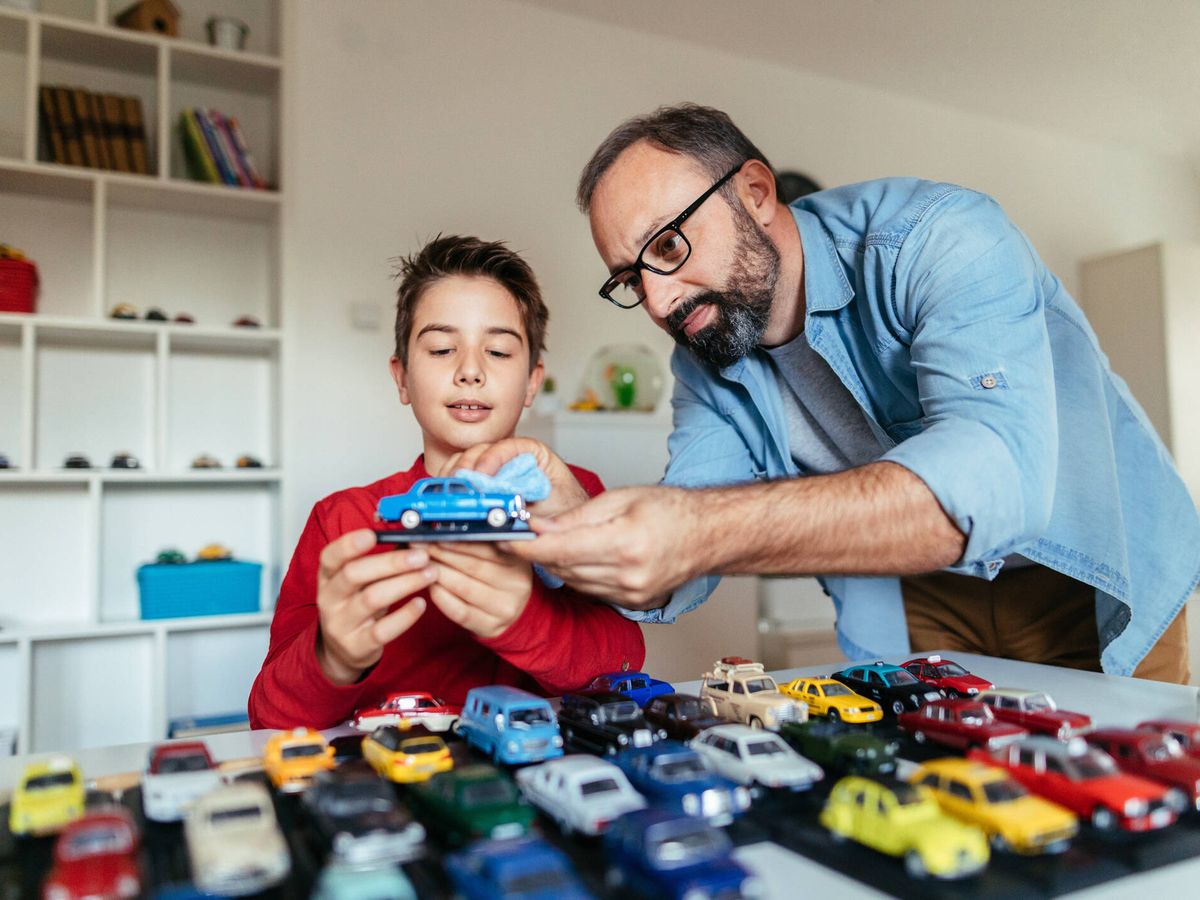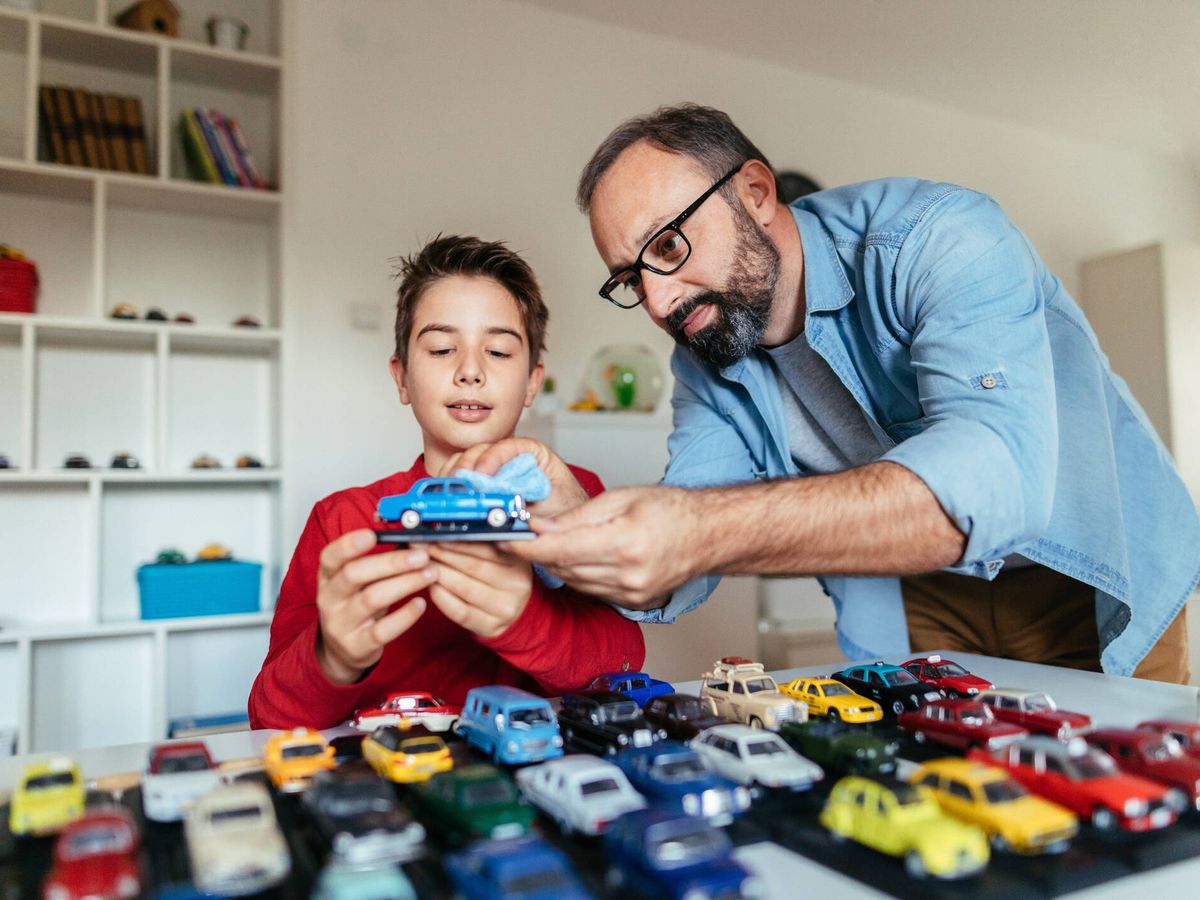What is a collection?
A collection is a set of objects with special value, whether artistic, historical, or personal. This term encompasses both the concept of organized accumulation and the intention behind its preservation.
That set is much more than just a simple group of things. It is a way to manifest a person’s interests, passions, and experiences. Since the dawn of humanity, people have collected objects that catch their attention due to rarity, beauty, or historical significance. Each item has its own story, reflecting the collector’s taste, life experiences, and life itself.
The concept of a collection describes personal sets of physical resources (like stamps or records) or digital ones (like digital music or interesting historical data). For example, an art collection may represent a desire to appreciate human creativity; or coins might reflect an interest in the economy throughout history in different regions. In general, collecting is a way to connect with the world and preserve memories while exploring its diversity through objects.

Types of collectibles and collections
Collections can be small enough to fit in a drawer or large enough to fill entire houses and museums, encompassing a wide variety of categories such as stamps, toys, comics, artworks, antiques, fashion, or memorabilia. They can also be much more peculiar, like collecting bottle labels, old love letters, concert souvenirs, or, of course, collectible card games, board games, and items used by a single person throughout their life. Regardless of the type of collection you have or wish to start, there is an evident passion for what is collected and a constant commitment to acquiring more items, because a true collection is never complete.
Why collect?

Each person is a unique universe, and the motivations for gathering sets of things can vary greatly from one individual to another. For many, the act of collecting goes beyond the simple pleasure of owning something beautiful; it becomes a passion that consumes time and resources. The obsession with an object, theme, or character can lead people to tirelessly seek new pieces to add to their collection.
On the other hand, some see collection as an investment strategy. Certain items, like artworks, autographs, antiques, or toys, can increase in value over time, offering the potential for financial return. Moreover, their intrinsic beauty plays a crucial role; many people find joy and satisfaction in the aesthetics of their pieces, enjoying how they look in their homes or in exhibitions. Thus, collecting becomes an enriching experience that nourishes both intellect and artistic sensibility.
How to start collecting?
Starting a collection can be exciting and satisfying, but it requires careful planning. First, you need to find a field of interest that truly captivates you. What attracts you? Childhood toys, paintings by a particular artist, or ancient artifacts from a specific era? Once you decide on a theme, it will be essential to create a budget. This helps you make informed decisions and avoid wasting money. Next, research is crucial. Reading books, visiting museums, and participating in online forums can help you immerse yourself in your area of interest. The first acquisition can be thrilling; it doesn’t necessarily have to be the most expensive items. Patience and dedication are your best friends here, as the best collections are built gradually.
Is a lot of money needed to collect?
One of the most common beliefs about collecting is that it is expensive. However, with a bit of effort, collections can be created on a modest budget. There are many sources of interesting objects that are relatively affordable. Flea markets, garage sales, game shops, bookstores, and thrift stores hold treasures that don’t cost much. Additionally, online platforms like eBay or Etsy offer options for every budget. You can also focus on items with sentimental or emotional value rather than monetary worth. Often, this is what enriches a collection the most. The price does not determine the value of the collection, but rather the passion and story behind each piece.
The importance of managing your collection

Proper management of your collection is essential to maximize its value and ensure that you can fully enjoy it. Keeping a detailed inventory allows you to know exactly what you own and the condition of your objects. This can include documenting the purchase, conservation, and any other relevant details, such as the market value of each piece. Organization is key; consider using a system that works for you, whether digital or physical, that allows you to easily access information when you need it. It is also advisable to review and update your inventory regularly, especially if you acquire new pieces or decide to sell some. Good organization will not only help protect your investment but also allow you to enjoy your collection more meaningfully, making it easier to showcase and share with others.
Do you already have a collection without realizing it?
You may already be collecting without even noticing. Often, collectors begin their journey without a conscious intention to do so. If you have accumulated several objects of the same kind that share similar characteristics, such as style, manufacturer, or theme, you already have the foundations of a collection. Perhaps you have kept souvenirs from travels, books by an author you love, or action figures from your childhood. These items, while they may seem simple and traditional, can become a fascinating theme when you decide to look at them from a new perspective. So take a moment to review your home; you might discover a hidden treasure of objects that not only have economic value but also hold memories and emotions. Identifying and organizing what you already have can be the first step towards a more conscious and enriching collecting adventure.
The world of collecting offers a rich and exciting journey that is more than just accumulating objects. It is a way to express who we are and connect with our personal and cultural history. We invite you to explore this fascinating universe, whether by starting your own collection of objects or deepening the one you already have. There are countless and wonderfully diverse types of products. Among the most popular are: philately (stamps), numismatics (coins), notaphily (banknotes), autographs, comics, records, cigars, beer cans, movies, pens, among others.
Let’s get started!
Now, in addition to written inventory, we recommend a classification system that describes and locates any item among many. Digital tools are great allies in inventory management, facilitating the tracking of your pieces and their value. Discover the satisfaction of organizing, cataloging, and sharing your treasures. Let your passion for collecting lead you to new and exciting discoveries…
Do you want to read this article in Spanish? Click here


Deja un comentario